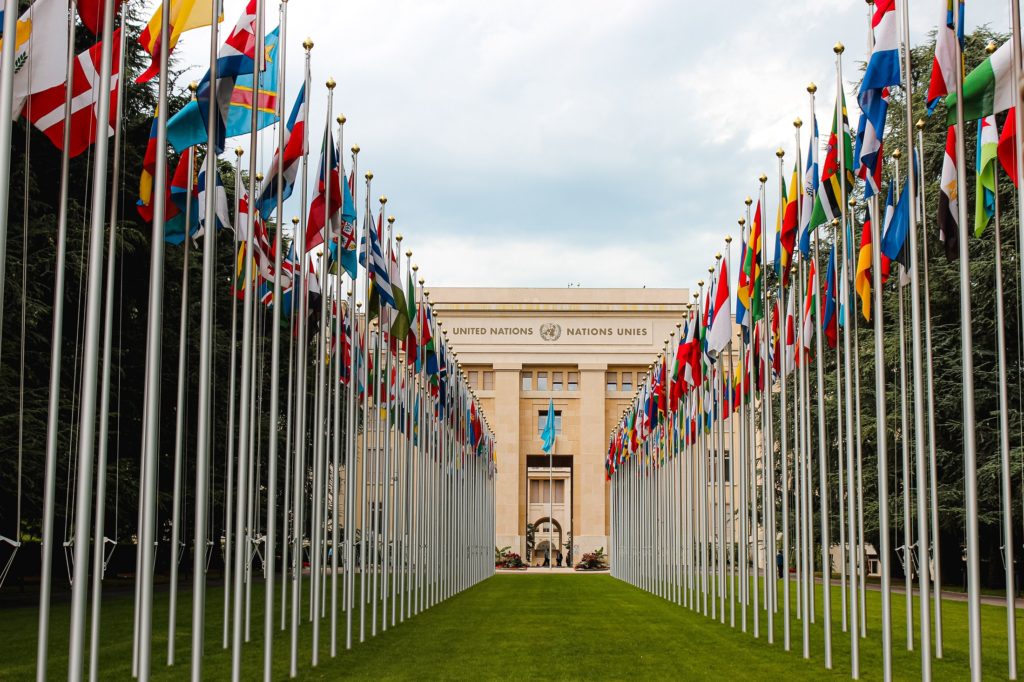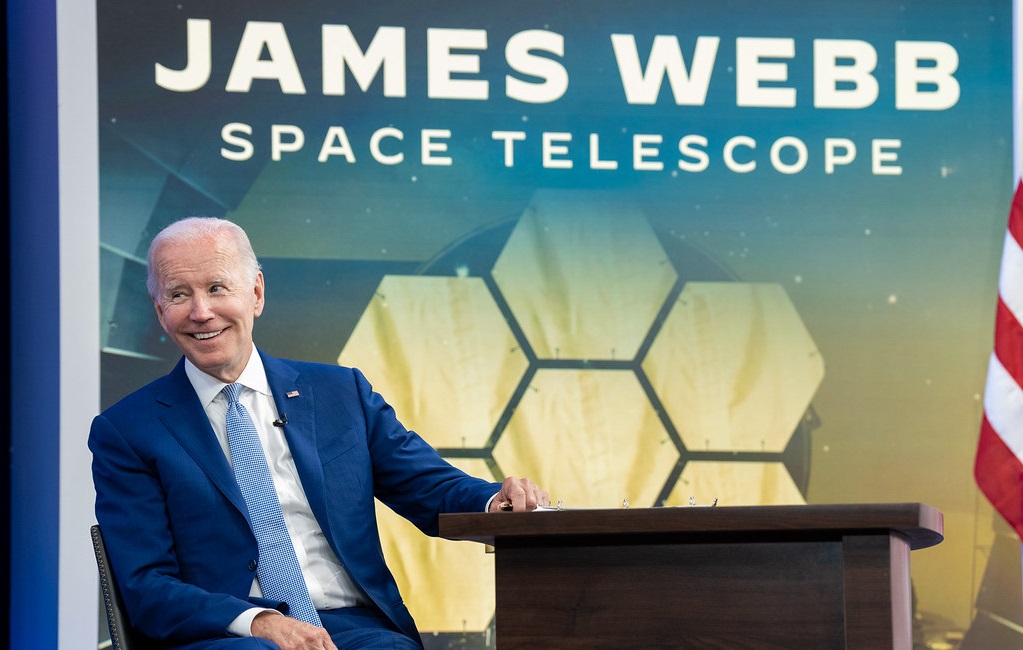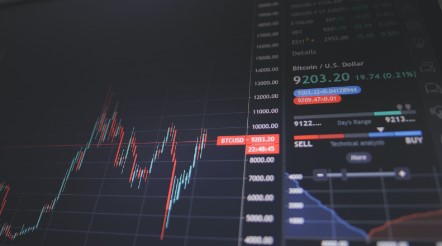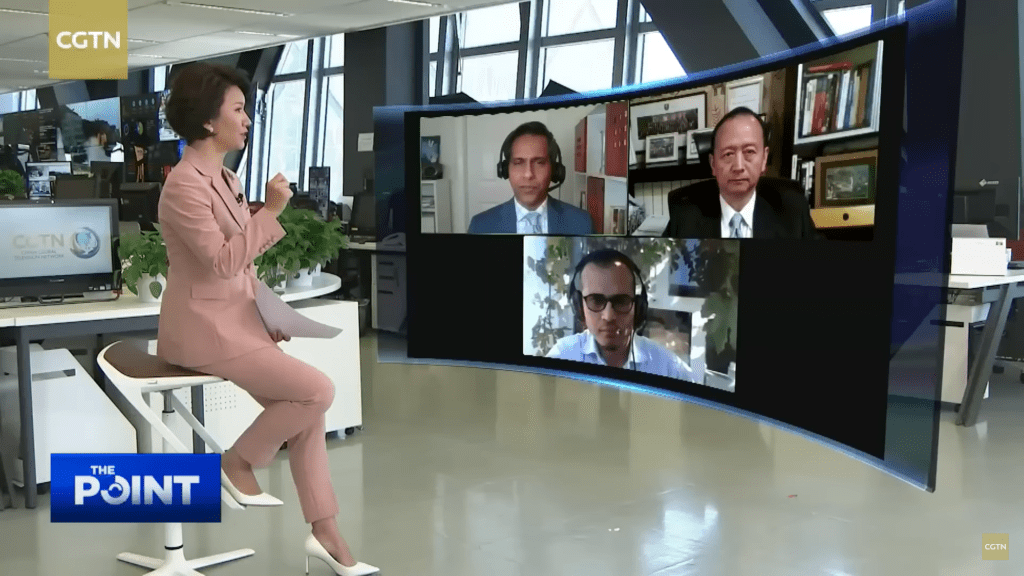
ICAS Bulletin (online ISSN 2836-3418, print ISSN 2836-340X) is published every other week throughout the year at 1919 M St NW, Suite 310, Washington, DC 20036.
The online version of ICAS Bulletin can be found at chinaus-icas.org/bulletins/.

– U.S. National Security Advisor Jake Sullivan said in an interview with Bloomberg that a Chinese invasion of Taiwan remains a “distinct threat.” He also insisted that the Biden administration has not changed its position over the island’s status, despite Chinese claims otherwise.
– U.S. President Biden said he would welcome a dialogue with China’s Xi Jinping at the coming G20 summit in Indonesia if both attend. It would be their first face-to-face meeting since Biden took office.
– Singapore’s ex-minister George Yeo described recent developments between the U.S. and China as “troubling” and noted that constant provocation by the U.S. will lead to “a bomb which will explode in our faces.”
– In response to the long-awaited UN report on human rights violations in China’s Xinjiang province, U.S. Secretary of State Antony Blinken said that it reaffirmed that Beijing is committing “genocide” against the Uyghur population.
– China alleged that the U.S. hacked Northwestern Polytechnical University, condemning the attack and urging Washington to “stop stealing and attacking other countries.”
– Ahead of a trilateral meeting between officials from the U.S., Japan and the Philippines, U.S. envoy to Japan Deputy Chief of Mission Raymond Greene accused China of threatening “the safety of our waterways.”
Associated News References:
“China Invading Taiwan Is ‘Distinct Threat,’ Biden Aide Jake Sullivan Says,” Bloomberg, September 7 [Paywall]
“Biden says ‘sure’ to see China’s Xi if he joins G20 meeting in Bali,” South China Morning Post, September 6 [Paywall]
“Biden’s ‘weak’ leadership will trigger US-China conflict, Singapore ex-minister George Yeo says,” South China Morning News, September 6 [Paywall]
“‘Might doesn’t make right’, says US envoy of China’s ‘hostile maritime actions’,” South China Morning Post, September 6 [Paywall]
“‘Stop stealing’: China slams US over alleged Trojan virus hacking,” South China Morning Post, September 5
[Paywall]
“US says China must be ‘held to account’ after UN report on Xinjiang abuse,” France 24, September 1

– The Biden administration is reportedly planning broad export control restrictions on semiconductor products and manufacturing equipments to China
– A group of Republican lawmakers warned Apple Inc. against making Chinese semiconductor manufacturer YMTC, one of their chip suppliers for the new iPhone.
– Amidst the U.S.-China semiconductor rivalry, Samsung said it will seek a win-win solution for the global supply chain and all interested parties.
– The U.S. Department of Commerce has confirmed that recipients of the CHIPS and Science Act funding cannot build “leading-edge or advanced technology facilities in China” for the next 10 years.
– While shocked by Washington’s expansion of its semiconductor export controls, Chinese companies said that the restrictions would ultimately support the development of local substitutes.
Associated News References:
“Biden to Formalize Curbs on Chip Exports to China, Reuters Says,” Bloomberg, September 11 [Paywall]
“US lawmakers warn Apple on using Chinese group’s chips in new iPhone,” Financial Times, September 9 [Paywall]
“Samsung CEO seeks ‘common denominator’ in Sino-U.S. chip war,” Reuters, September 7 [Paywall]
“US bars ‘advanced tech’ firms from building China factories for 10 years,” BBC, September 7
“No ‘advanced tech’ factories in China for US firms getting Chips Act money,” South China Morning Post, September 6 [Paywall]
“China looks for silver lining in latest US restrictions on advanced chips,” South China Morning Post, September 4 [Paywall]
“US ‘blockade’ set to turbocharge Chinese chip development,” Financial Times, September 3 [Paywall]

– Inside sources have said that the U.S., and perhaps the European Union, are in the early stages of establishing a sanctions package to deter Beijing from invading Taiwan.
– The U.S. Pentagon stopped accepting new F-35 jets after it discovered a magnet used in the fighter’s engine was made with unauthorized material from China.
– A delegation of members from the U.S. Congress in addition to five French lawmakers visited Taiwan in a show of support for the island amid rising tensions with China. The French delegation will be the first visit by high-level Europeans following a string of trips by U.S. officials.
– The Biden administration’s announcement of a $1.1bn arms sale to Taiwan further upset Chinese officials while Taiwan’s defense ministry expressed its thanks for the arms sale announcement, saying that China’s “provocative” activities represented a serious threat and the sale would help it face China’s military pressure.
– In a recently-released “strongly-worded report” to parliament, Taiwan’s defense ministry says that China has been simulating attacks on “U.S. ships that enter into the first island chain” in preparation for a potential attack on Taiwan.
– On August 28 and 29, US Navy’s Sikorsky MH-60 Seahawk helicopter was reported to have breached China’s “territorial airspace.” Chinese fighters intercepted the American military aircraft until the aircraft left Chinese airspace.
Associated News References:
“U.S. considers China sanctions to deter Taiwan action, Taiwan presses EU,” Reuters, September 13 [Paywall]
“Pentagon stops accepting F-35 jets to check for Chinese content,” Reuters, September 7 [Paywall]
“French and U.S. lawmakers to visit Taiwan this week,” Reuters, September 6 [Paywall]
“China Threatens Reaction After U.S. Announces Arms Sales to Taiwan,” The New York Times, September 4 [Paywall]
“US announces $1.1bn arms sale to Taiwan, angering China,” The Guardian, September 2
“China has been simulating attacks on U.S. Navy ships, Taiwan says,” Reuters, September 1 [Paywall]
“US, Chinese Pilots Exchange ‘Verbal Blows’ As US Military Helicopters ‘Breached’ China’s Airspace For 2 Consecutive Days,” Eurasian Times, September 1

– President Biden recently signed an executive order outlining broad goals for investment intended to boost the domestic biotechnology industry.
– In classified meetings held from September 6-7, Pentagon leaders convened a key advisory group to discuss China and Russia’s advances in space and the U.S. military’s efforts to protect access to its in-orbit assets.
– China’s Foreign Ministry Spokesperson Mao Ning recently responded to a U.S. Department of Defense research report titled “The 2022 State of the Space Industrial Base Report” which recognized space as a “priority domain of national military power.”
– Apple said that its decision to not increase some prices with the release of its iPhone 14 was made to stay competitive in the Chinese market against Huawei after their comeback against past sanctions.
– The Biden administration is discussing further investment curbs that would restrict U.S. investment in Chinese technology companies amid growing tensions between the nations.
– The U.S. and China have identified overlapping potential landing sites near the lunar south pole as both countries continue their lunar exploration ambitions.
Associated News References:
“China competition spurs Biden push for domestic biotech subsidies,” Washington Post, September 12 [Paywall]
“Pentagon leaders discuss China’s space ambitions at classified meeting,” Defense News, September 8
“China accuses U.S. of trying to turn outer space into a battlefield,” Newsweek, September 8
“Apple’s New iPhones Create Buzz in China, but Local Rivals Loom,” The Wall Street Journal, September 8 [Paywall]
“Biden Weighing Actions to Curb US Investment in China Tech,” Bloomberg, September 2 [Paywall]
“NASA and China are eyeing the same landing sites near the lunar south pole,” SpaceNews, August 31

– At a discussion organized by the Carnegie Endowment for International Peace, U.S. Trade Representative Katherine Tai stated that “punitive tariffs” on Chinese imports will continue.
– During the most recent delegation to Taiwan led by U.S. Congresswoman Stephanie Murphy, Taiwanese President Tsai Ing-wen told the visiting U.S. lawmakers she was confident about signing a new trade agreement with the United States.
– The U.S. Commerce Department suspended the export privileges of Hans De Geetere and the Belgium-based company Hasa-Invest for 180 days for attempting to send sensitive technology to China.
– Slowdowns in China are easing inflation pressures globally for imports and commodities. However, domestic factors are still keeping U.S. inflation high.
Associated News References:
“US keeping tariffs on Chinese imports till Beijing opens up economy: trade rep”, South China Morning Post, September 8 [Paywall]
“Taiwan’s Tsai tells US lawmakers she’s ‘confident’ about trade agreement,” South China Morning Post, September 8 [Paywall]
“China trade surplus with U.S. narrows to $36.77 bln in August,” Reuters, September 7 [Paywall]
“A Slowing China Helps Rein In Inflation Around the World,” The Wall Street Journal, September 4 [Paywall]
“U.S. suspends Belgian firm’s export rights over alleged China violations,” Reuters, August 31 [Paywall]

“WSJ News Exclusive | Universal Studios Beijing Cuts Staff as China Sticks With Zero-Covid Policy,” The Wall Street Journal, September 12 [Paywall]
“Xinjiang Rights Report Ratchets Up Standoff Between the U.S. and China,” The Wall Street Journal, September 7 [Paywall]
“Xi Calls for Tech Push in China After U.S. Escalates Curbs,” Time, September 7
“Huawei launches first smartphone to connect to China’s rival to GPS,” CNBC, September 7
“Beijing taps into anti-West resentment to counter United Nations report,” PBS, September 2
“Tech Companies Slowly Shift Production Away From China,” The New York Times, September 1 [Paywall]
September 12 hosted by Center for Strategic and International Studies
September 9 hosted by Hudson Institute
September 7 by The US-China Business Council
September 7 by the Center for a New American Security
September 14 hosted by German Marshall Fund
September 14 hosted by Atlantic Council
September 18-19 hosted by Carnegie Endowment for International Peace
September 22 hosted by Wilson Center
October 6 hosted by USCBC
October 7 hosted by Hudson Institute
October 11 hosted by Hudson Institute
20th Party Congress and U.S. Midterm Elections: Implications for U.S.-China Relations
Tuesday, September 20, 2022
10:00am – 11:20am EDT
On October 16th, the Communist Party of China will kick-off its 20th National Congress. The Party Congress is expected to be a watershed one, anointing President and General Secretary Xi Jinping to an unprecedented third term in office. The membership line-ups of the Politburo and Politburo Standing Committee merit watching just as carefully too, to understand the political and policy environment through 2027 and beyond. Many of its key members (Li Keqiang, Liu He, Yang Jiechi) are termed-out or expected to retire. On the other hand, questions abound regarding their successors, given that the 19th Party Congress in 2017 had failed to elevate a next-generation leadership cohort group. Three weeks later, the U.S. midterm elections will be held that will serve as an early barometer of public sentiment leading into the 2024 presidential election. Both, President Biden and ex-President Trump’s political appeal will effectively be on the ballot.
At a time when U.S.-China relations continue to tread water, what do these important domestic political events on either side of the Pacific presage for bilateral ties? How does President Xi’s elevation impact the timeline of a potential Taiwan Strait conflict? Who will fill Liu He’s shoes as the empowered interlocutor on U.S.-China economic matters? Will the White House and the Democrats take a harder line or a softer line on China if they fail to hold Congress? What is the Republican Party’s line of attack on China (and the White House) expected to be if they win back Congress or a share of power in Congress? Will China finally relax its Covid 19-related curbs significantly once the Party Congress is in the rear-view mirror? To listen to these and other answers to pressing U.S.-China questions, tune in to the event on September 20th.

September 26-28, 2022 (New York, UTC-5)
Hybrid (New York & Virtual)
On Tuesday, September 27, ICAS Executive Director Nong Hong will be speaking at the International Seabed Authority’s Women in the Law of the Sea Conference 2022. Her presentation will focus on “Ocean governance in the South China Sea: with a focus on law, policy and management on marine environment protection” and is part of Session V: Protection of the marine environment.
On Friday, September 2, 2022, Senior Fellow Sourabh Gupta was interviewed by CGTN’s The Point about Afghanistan one year after the US pullout.


The Institute for China-America Studies is an independent nonprofit, nonpartisan research organization dedicated to strengthening the understanding of U.S.-China relations through expert analysis and practical policy solutions.
1919 M St. NW Suite 310,
Washington, DC 20036
icas@chinaus-icas.org
(202) 968-0595
© 2025 INSTITUTE FOR CHINA-AMERICA STUDIES. ALL RIGHTS RESERVED.